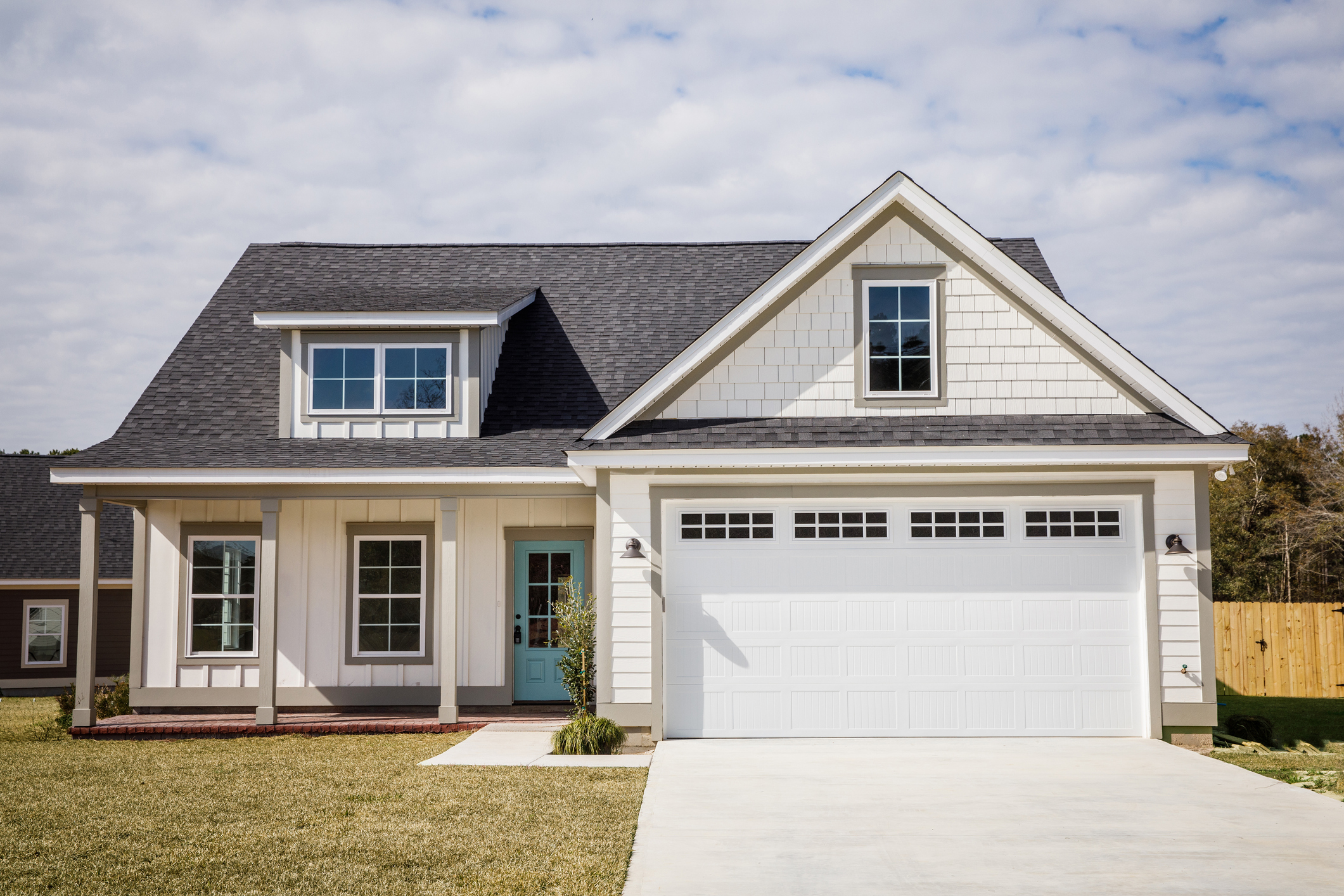Saving Houses – A Plan for Affordable Homes in the Hamptons

Down the street from where I live in East Hampton, bulldozers are preparing a site upon which they will be erecting a 50-unit low-cost housing complex.
There is an urgent need for low-cost housing. And both the summer people and the locals need it: the locals because they hope to restore the fabric of a small-town community overwhelmed by high real estate prices, and the summer people because, with locals leaving, there is a sharp shortage of workers. Fifty affordable units, which will cost several million, is just a drop in the bucket. What is needed is several thousand units. And I’d like to propose a solution that will satisfy the needs of both the summer people and locals, while not costing our struggling town budgets a penny.
The fact is that the small dwellings needed for low-cost housing are already here. There are, if you take an inventory, probably more than twenty thousand of them. They are scattered throughout our community. And the way things stand now, there are fewer and fewer as the wealthy summer people buy them up, tear them down and build giant mansions on the cleared properties.
Why not make use of these small homes? It’s not necessary to tear them down. It’s only necessary to have them not be located on these treasured sites. Reuse them. Haul them off to vacant land set aside elsewhere ahead of time for affordable housing.
There are many reasons why this will work.
First of all, there is a long tradition of moving homes from here to there since the founding of the East End in the 1600s. It’s a thriving business. In recent years, many homes have been moved by Dawn House Movers. They move a home when it is either too close to the ocean, has historic value, or a family is so attached to it that they want to take it with them when they move.
I know a farm family that did that. To move them, the homes are jacked up onto railroad ties atop steel platforms on wheels. A big truck hauls them off. There are times, especially in the off-season, when you can see the movers creeping them down the highway at about a mile an hour to their new sites.
It’s probably cheaper to tear down a small home than it is to move it elsewhere. But building new low-cost housing complexes in large numbers is a tough sell and will take years and years to accomplish. Yet here are all these homes, a huge inventory of them, still full of memories and dreams of those who lived in them, ready to go.
If you look at our community from the air, you’ll see we are still a rural area with huge amounts of open fields and woods available to receive these homes. Place them in an orderly landscaped setting with new roads and sidewalks leading to them. They would, almost overnight, become new neighborhoods.
Who would pay for this? I think the towns should pass a new law. If a buyer wants an existing small home on his newly purchased property to be gone, he should assume the responsibility of paying to have it moved and resettled. Since real estate transactions these days are in the millions of dollars, even tens or hundreds of millions, I think this would be a small unnoticed additional cost for buyers if passed into law.
Currently, and for more than 20 years, buyers have been paying the towns a 2.25% tax on all real estate transactions over $400,000. More than a billion dollars has been raised during this time this way, the money used to acquire and preserve open space and farmland.
A current proposal would add another .25% to this tax, (it will be voted upon in November) for use for affordable housing. Vote it through and use the money to buy the sites to receive the homes. Then don’t build apartments or motel-type units. Such projects are not in keeping with this community. Instead, move these small homes to quarter-acre lots. Name the new communities Hampton Town or Hamptonville or Down Home Hampton.
I can’t think of anything more important to this community than to see local one-family homes having a new use for affordable housing in a new residential setting. And I think a buyer, deep down, will applaud giving a small home a new use, rather than just watch a wrecking ball he or she orders come in and destroy it.
Appropriately, I think, a former owner of one of these small homes should have a day set aside where a buyer could visit it to see it in its new use. Name a date a year hence. Visitation for an hour or two.
I also think that when a buyer wants a giant mansion (of no historic value) torn down to make way for an even larger mansion, then the teardown should proceed. Instead, have the buyer pay into a fund an amount equal to the cost of moving a smaller home had it been there. Then use that funding to build such an affordable home at the new location. Perhaps cap those eligible for a move at three bedrooms and two-and-a-half baths.
Thus we will save our local communities, satisfy those who can’t afford to live here at current prices and solve the need for workers for the summer people.



